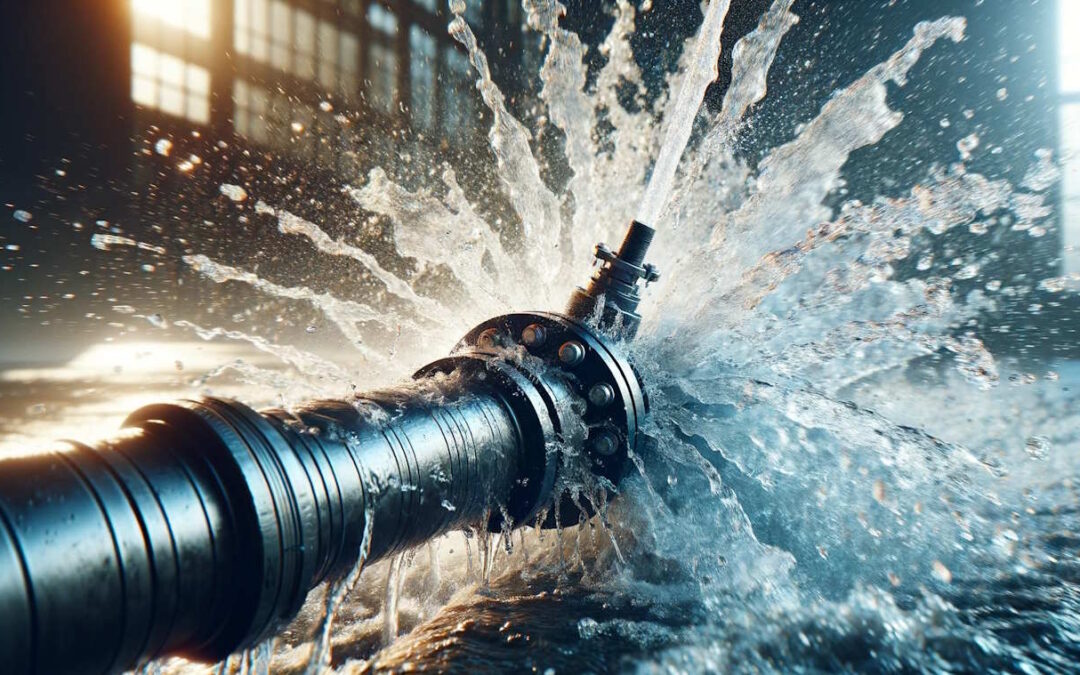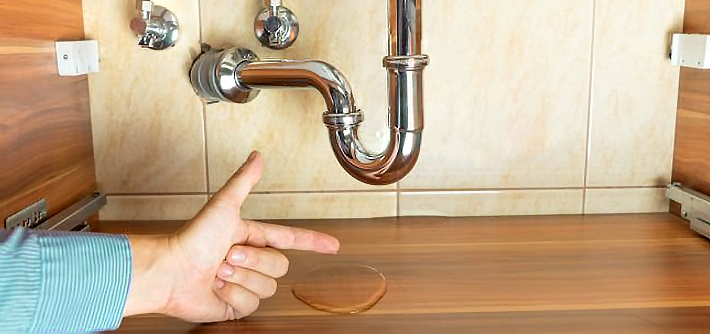
Understanding Waterproof Sensors In The Tech World
Share
In today's rapidly advancing technological world, the significance of a waterproof sensor cannot be overstated. These sensors have become indispensable in various industrial, commercial, and personal applications. As tech professionals and enthusiasts are well aware, waterproof sensors provide unparalleled solutions to challenges posed by moisture and watera ubiquitous element in both nature and man-made environments.
The advent of the Internet of Things has further amplified the role of waterproof sensors. Serving as a pivotal part in devices, they ensure a seamless interface between the physical and digital realms. With their robust capabilities, these sensors offer accurate data collection even in harsh and wet conditions.

The Technology Behind Waterproof Sensors
Every tech aficionado should understand the intricacies of the technology that powers these sensors. A typical waterproof sensor is designed with layers of protection, using materials like silicone, rubber, and other proprietary coatings. This armoring not only prevents water penetration but also protects the electronic components from corrosion.
Moreover, the technology behind waterproof sensors is constantly evolving. Tech giants are investing heavily in research and development to create sensors that are more sensitive, durable, and efficient. The precision with which these sensors detect changes in moisture levels has seen vast improvements, paving the way for innovative applications across diverse industries.
Applications of Waterproof Sensors
Now, let's delve into the exciting world of applications that waterproof sensors inspire. In the consumer electronics domain, they are embedded in a wide array of gadgets, from smartphones and smartwatches to fitness trackers, ensuring these devices function impeccably even when exposed to water.
In industrial settings, waterproof sensors play a crucial role in monitoring equipment and systems that operate underwater or in humid conditions. For tech professionals invested in agricultural technologies or environmental monitoring, these sensors provide critical data that leads to informed decision-making.
Additionally, the surge in smart home technologies cannot be overlooked. Home automation systems greatly benefit from waterproof sensors for applications like leak detection. For instance, the usage of a water leak detector can prevent costly damages by sending real-time alerts in case of a water leak.
Benefits of Using Waterproof Sensors
For tech enthusiasts and innovators, going the extra mile with waterproof sensors opens a plethora of benefits. Firstly, their resilience to water makes them ideal for long-term deployments, reducing maintenance efforts and costs. This is especially valuable for remote or hard-to-access installations.
Accuracy and reliability are other key benefits. Whether it's detecting a water leak under your sink with a smart leak detector equipped with notifications or monitoring environmental conditions in challenging terrains, waterproof sensors deliver precise measurements consistently.
Challenges and Future Trends in Waterproof Sensor Technology
Like any technology, waterproof sensors are not without challenges. Miniaturization, ensuring energy efficiency, and improving sensitivity are constant hurdles faced by developers. However, with ongoing advancements, these challenges are being addressed, paving the way for next-gen sensor technologies.
The future of waterproof sensors is exciting, with trends pointing towards integration with advanced AI and machine learning algorithms. This will enhance predictive analyses and automated decision-making, enabling smarter systems and environments.
Moreover, sustainability is becoming a focal point. With increased awareness and responsibility towards the environment, developing eco-friendly sensors is a priority. Collaborations with platforms like AI in water management systems are instrumental in achieving these goals, by streamlining resources and maximizing efficiency.
Concluding Thoughts
For tech professionals and enthusiasts, embarking on ventures involving waterproof sensors promises a rich landscape of innovation, potential, and opportunity. Continuous advancements ensure these sensors play an essential role in harnessing technological efficiencies across fields.
Staying abreast with the developments and challenges offers tech professionals an edge in developing smarter, more resilient, and sustainable solutions. If you want to dive deeper into the complexities of water management technologies, check out how water sensors work and their applications.

FAQ
What are common applications for waterproof sensors?
Waterproof sensors are commonly used in consumer electronics, industrial equipment monitoring, agricultural technologies, and smart home systems.
How do waterproof sensors work in smart homes?
In smart homes, waterproof sensors detect leaks and moisture levels, sending alerts to prevent water damage.
Are there challenges in waterproof sensor technology?
Yes, challenges include miniaturization, energy efficiency, and sensitivity improvement, but ongoing research addresses these issues.
